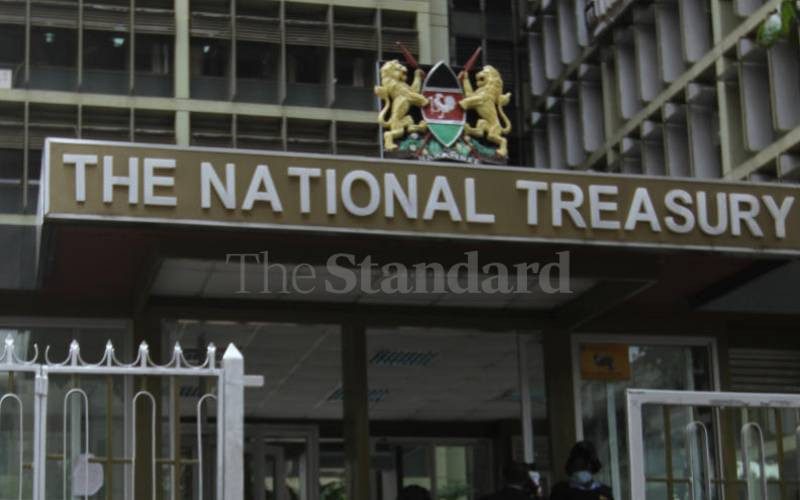×
The Standard e-Paper
Join Thousands Daily

The state's income from profits and dividends in the companies that it owns fell nine per cent in the year to June 2022 as the economy continued to reel from the impact of the Covid-19 pandemic.